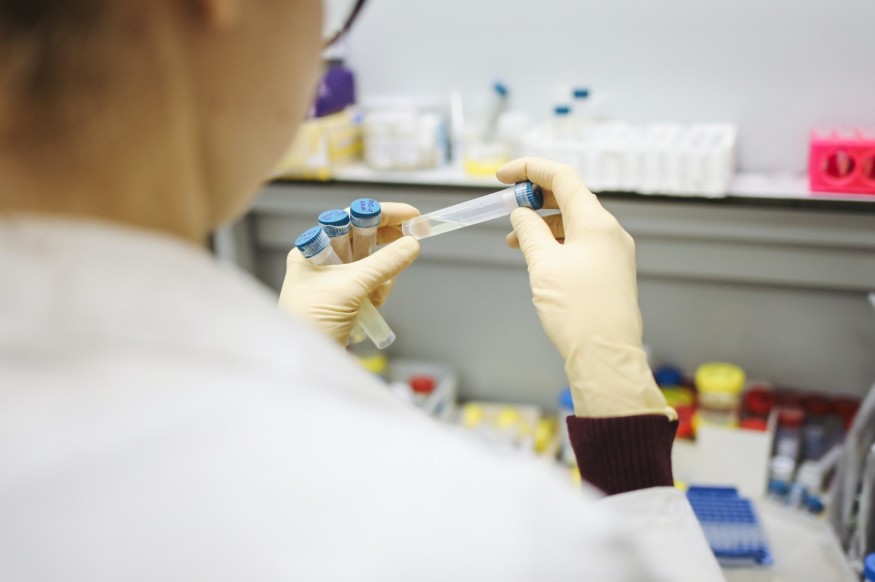
Researchers have recently found that urine tests could be an extremely accurate non-invasive method to detecting aggressive prostate cancer with few false negatives.
The test is a possible way to avoid ⅓ of unnecessary prostate cancer biopsies that fail to detect a small number of cancers, according to a validation study of about 1,500 patients.
Could Urine Tests Detect Prostate Cancer?
MyProstateScore test measures the level of cancer-specific genes in a patient's urine. This is based on previous studies that found half of all prostate tumors have a specific genetic anomaly, which genes TMPRSS2 and ERG relocate fuse together and relocate on a chromosome--thus creating an on-switch for the development of prostate cancer cells.
One of the best methods currently used for detecting prostate cancer is blood tests for prostate-specific antigen, which are commonly known as PSA tests.
Elevated PSA levels can indicate cancer. However, most men with elevated PSA don't actually have prostate cancer, which doesn't make it a reliable way of detection. This results in men needing invasive biopsies to ensure whether or not prostate cancer cells are present or not.
ALSO READ : How Much Caffeine Should Pregnant Women Take?
What is Prostate Cancer?
According to UCLA Health, prostate cancer is marked by the malignant growth of cells in a man's prostate gland located below the bladder.
It is the most common form of cancer in men in the U.S other than skin cancer. In 2018, the American Cancer Society estimated that 164,690 men would be diagnosed with prostate cancer where 29,430 will succumb to the disease.
This means that 1 in every 9 men will be diagnosed with prostate cancer during their lifetime.
Although the causes of prostate cancer are still unknown, researchers are constantly studying risk factors that could help determine which factors heavily contribute to the development of prostate cancer cells.
Urine Test Give Hope for Non-Invasive Prostate Cancer Detection
Jeffrey Tosoian, lead author and clinical lecturer neurology at Michigan Medicine says, "Our ultimate goal was to determine whether the MyProstateScore tests could be a practical reliable test that could rule out the need for costly invasive testing in men referred for a prostate biopsy."
The validation study for the MyProstateScore tests seen at academic health centers found that in 1,525 patients, 388 or 2% had cancers detected by biopsy which were serious enough to warrant immediate treatment.
Tosoian says, "the data shows the straightforwardness, the secondary testing approach could significantly reduce costs and invasive procedures following a PSA test."
Published in the Journal of Urology, findings suggest that the test would have only missed 10 clinically significant cancers.
LynxDX, a University of Michigan startup founded by Tosoian and his colleagues from the Prostate Cancer Foundation, National Institutes of Health, and Johns Hopkins University holds an equity stake in and is commercializing the tests.
Check out more news and information on Medicine & Health on Science Times.












